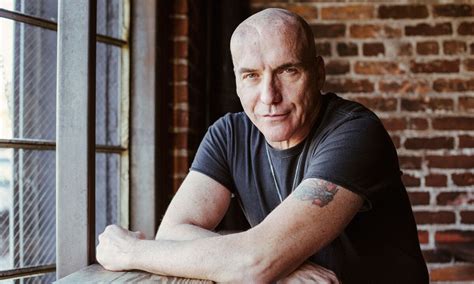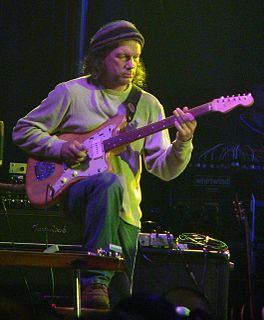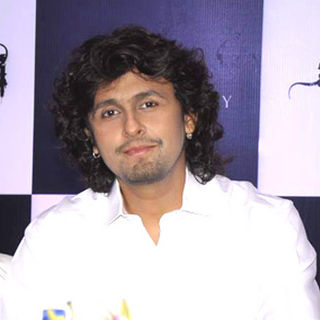A Quote by Jennifer Egan
[I]t may be that a crowd at a particular moment of history creates the object to justify its gathering.
Related Quotes
And it may be that a crowd at a particular moment of history creates the object to justify its gathering, as it did at the first Human Be-In and Monterey Pop and Woodstock. Or it may be that two generations of war and surveillance had left people craving the embodiment of their own unease in the form of a lone, unsteady man on a slide guitar.
I feel history is more of a story than a lesson. I know this idea of presentism: this idea of constantly evoking the past to justify the present moment. A lot of people will tell you, "history is how we got here." And learning from the lessons of history. But that's imperfect. If you learn from history you can do things for all the wrong reasons.
The sublime can only be found in the great subjects. Poetry, history and philosophy all have the same object, and a very great object-Man and Nature. Philosophy describes and depicts Nature. Poetry paints and embellishes it. It also paints men, it aggrandizes them, it exaggerates them, it creates heroes and gods. History only depicts man, and paints him such as he is.
Desire means you are dragged out of the moment; that creates a tension, that creates anxiety, that creates hope. And then finally hope turns sour, becomes frustration. Each hope leads you into anguish. Buddha calls it the only impurity. Cut the roots of desire, live in the moment so totally, pull yourself out of the past and don`t project yourself into the future. Let this moment be all and all. And your life will have such a purity, such a crystal-clear consciousness that right now you cannot imagine.





































